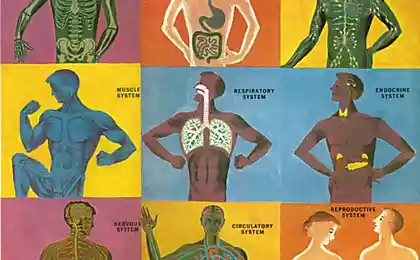178
Somnologist: “The biggest mistake is trying to fall asleep.” What to do if the dream does not go?
Scientists have found that the average duration of sleep over the past 50 years has decreased by an hour and a half and continues to fall. The average city dweller today sleeps about 6 hours a night, whereas a hundred years ago people slept at least 8 hours.
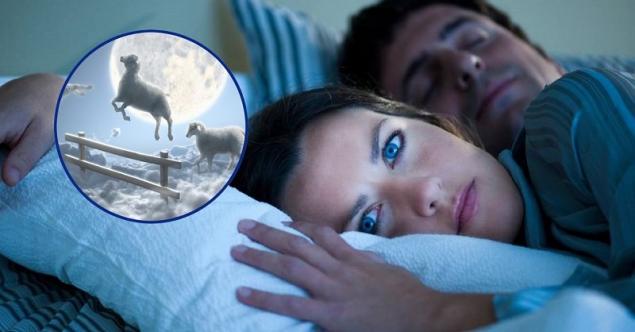
Nana sleepiness Children, adults, and adults complain. It happens that a person is very tired and wants to sleep, but can not sleep. This feeling negatively affects the psyche, the person becomes irritable. It is important to understand the causes of this problem.
Most often insomnia, even with great fatigue, occurs due to such reasons:
External causes
Physiological causes
How to deal with insomnia?
The biggest mistake is trying to get yourself to sleep. Doctors-somnologists compare sleep with a shy bird that sat on the palm of your hand. Any attempt to catch it will cause it to fly away.

Remember that sooner or later you will fall asleep. Sleep is a fundamental need of the body. Think of pleasant things, then you will fall asleep unnoticed.
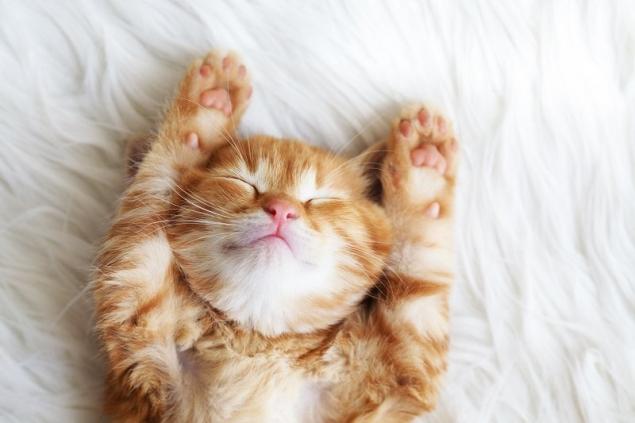
So that your sweet sleep does not turn into a nightmare, you need to refrain from eating certain foods in the evening. Try to eliminate the above foods from your evening diet and share information with friends. Now you're not afraid of any insomnia!

Nana sleepiness Children, adults, and adults complain. It happens that a person is very tired and wants to sleep, but can not sleep. This feeling negatively affects the psyche, the person becomes irritable. It is important to understand the causes of this problem.
Most often insomnia, even with great fatigue, occurs due to such reasons:
- Strong mental activity before bed. For example, a quarrel with another person can provoke aggression, which will prevent you from relaxing to fall asleep after a working day.
- Excitement and anticipation of an event.
- The development of chronic insomnia, when sleep does not come every night, even after too hard a day at work.
External causes
- Often a person cannot fall asleep when the room is cool or hot, stuffy or not fresh air.

- Insomnia can disturb when a person sleeps on an uncomfortable bed, pillow or under a thorny blanket.

- Noise and uncomfortable lighting also affect sleep, even if the person is tired and sleepy.
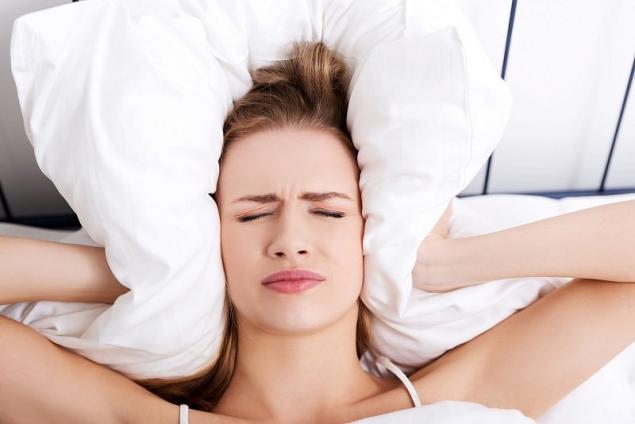
Physiological causes
- Insomnia can cause age-related changes in the body, non-compliance with the characteristics of biorhythms, hunger, thirst, overeating, physical fatigue.
- Often a person cannot fall asleep with a stuffy nose, sore throat, head, limbs, abdomen or other parts of the body.
- Sleep is disturbed due to problems in the nervous or endocrine system.
- The psychological causes of the development of insomnia include anxiety, depression, excitement.
How to deal with insomnia?
- Try to eat dinner 2-3 hours before bedtime. Evening meals should be at the same time easy, hearty and useful. Doctors recommend eating a banana before going to bed. This tropical fruit contains, in addition to serotonin and melatonin (which are known to regulate sleep, appetite and mood), and magnesium, which promotes muscle relaxation. Bananas are also rich in carbohydrates, which will help you feel sleepy.

- Prepare a “sleeping” tea with one or more herbs from the list: Melissa (calms), marjoram (relieves anxiety), hawthorn (elimines stress), passionflower (relaxes). Pour herbal collection with boiling water and let it brew for 10-15 minutes. If these herbs are not at hand, ordinary tea bags with chamomile or vervain are also suitable. True, their action is not so pronounced.

- You may remember when your mother or grandmother made you drink. milk. It seems that this was not a superstition: milk contains the amino acid tryptophan, which is involved in the production of serotonin. Some scientists believe that tryptophan and serotonin contribute to easy falling asleep. Or maybe a glass of warm milk before going to bed just takes you to a serene childhood, helping to forget the sweet sleep of the baby.

- An hour before bedtime, turn off all electronic devices and multimedia with screens. Working hours and gadgets are over today. The computer screen prevents the brain from falling asleep due to blue lighting, which is subconsciously perceived as daylight.
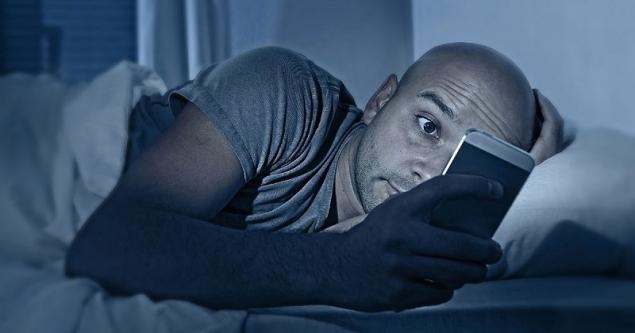
- Wear warm socks. A new study published in the journal Nature found that people who wear socks fall asleep 15 minutes earlier than those who don’t. It's all about circulation. Blood, moving in a large circle, is additionally "heated" in the area of the feet, and already "heated" moves back, "on the road" having a beneficial effect on the organs and calming the nervous system.
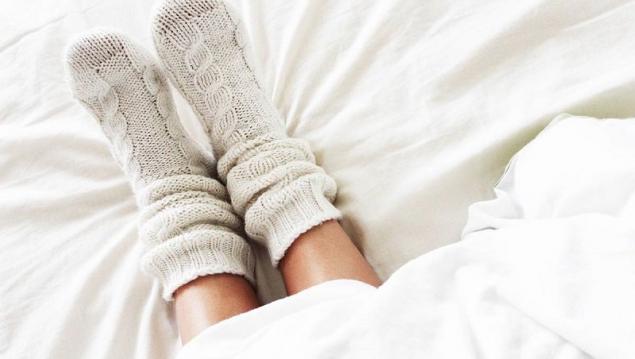
- Put a few “minutes to worry” on the schedule. Spend 10-15 minutes a day on important issues. If it is not possible to solve them, write them down so that they do not interfere in your head. This will help you avoid thinking about problems at night.
- Dim the lights two hours before bedtime. Studies have shown that the amount of light in the evening affects the quality of sleep. You don’t want to sit in the dark all night, so make sure you have a nice lighting level.
- Do not start counting objects to fall asleep. Counting, on the contrary, provokes the brain and does not allow you to sleep more.

- Turn off the TV before going to bed, and also exclude reading newspapers. If a book or program is interesting, they make the brain arouse, and vice versa, you need to calm down and tune in to rest.
- Choose a good mattress. The mattress greatly affects the quality of sleep. A bad mattress can cause insomnia and discomfort, so take care of a quality and pleasant mattress.
- Ventilate the bedroom before going to bed and make sure that the air temperature is not higher than 20 degrees. To humidify too dry air in the room, use a humidifier or hang a towel moistened in water on the heating batteries.

- Listen to your favorite relaxing music for the night. Calm melodic tunes relieve nervous and muscle tension, soothe and prepare our body for sleep. If every day before bedtime to include quiet muffled music, the body will develop a conditioned reflex "music - falling asleep."

The biggest mistake is trying to get yourself to sleep. Doctors-somnologists compare sleep with a shy bird that sat on the palm of your hand. Any attempt to catch it will cause it to fly away.

Remember that sooner or later you will fall asleep. Sleep is a fundamental need of the body. Think of pleasant things, then you will fall asleep unnoticed.

So that your sweet sleep does not turn into a nightmare, you need to refrain from eating certain foods in the evening. Try to eliminate the above foods from your evening diet and share information with friends. Now you're not afraid of any insomnia!
Dmitri Kharatyan: Even if I waste time, I always choose my wife. I don't need anyone else.
I managed to improve my vision without surgery! Just 3 spoons a day...






























